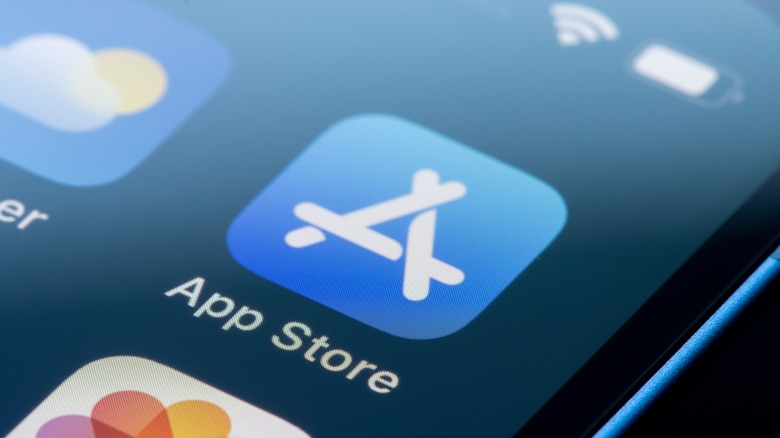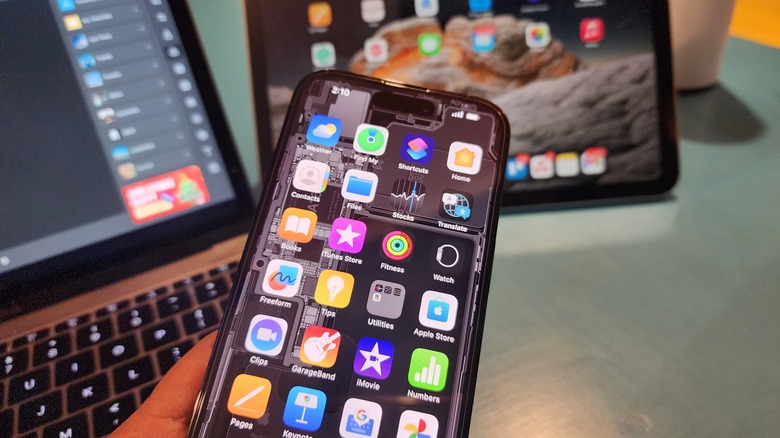Bombshell Rumor Claims iPhone Will Allow Third-Party Apps And Alternative App Stores
Apple is reportedly preparing to do the unthinkable: let users download apps from third-party sources on their iPhones, and not limit them to the App Store. Bloomberg's Mark Gurman reports that "software engineering and services employees are engaged in a major push to open up key elements of Apple's platforms." The bombshell report claims that Apple will allow app installation on iPhones and iPads from alternative app stores. The alleged changes are said to be in motion ahead of the EU's planned digital market reforms that go into effect in 2024.
The reported changes — assuming they actually turn out to be true — would be a massive shift in ecosystem policies for Apple. In the past, the company repeatedly argued that allowing users to download applications from third-party repositories will undermine the safety aspect because Apple applies stringent security checks for everything that gets listed on the App Store. Apple has often thrown Android under the bus, claiming that the open nature of app installation is the reason for Android's massive malware problem. The company has also argued that without its quality controls in place, the experience of mobile apps will also degrade for iPhone and iPad users. But it looks like Apple's safety argument won't stand the test of the EU's competition laws.
Would you install apps from outside of the App Store?
Bloomberg claims that the company is allocating "a significant amount of resources to the companywide endeavor" and that it might be ready in time for iOS 17's rollout next year. For now, the changes will only be applicable to the EU bloc, but if antitrust regulators in other countries also push for similar changes as the Digital Markets Act in Europe, Apple could be forced to expand. However, the proposed changes won't be a free-for-all wild west for iOS applications.
One of the biggest arguments in favor of side-loading apps is that developers won't be forced to pay up to 30% of app revenue as the App Store tax if they list their applications on a third-party store. However, Apple might charge a security verification fee for all iOS apps listed elsewhere. The company reportedly aims to do so by making it mandatory for all apps to abide by certain security measures and safety protocols before users can download them on their iPads and iPhones.
However, the company is still not sure whether it will allow developers to integrate a third-party payment system into their apps. The EU has already made it clear to Apple that it needs to put a USB-C port on iPhones within the next couple of years, and has also asked the company to allow external payment pipelines in apps. Apple is also planning to open NFC on its devices to third-party applications, a restriction that is also being challenged legally.

